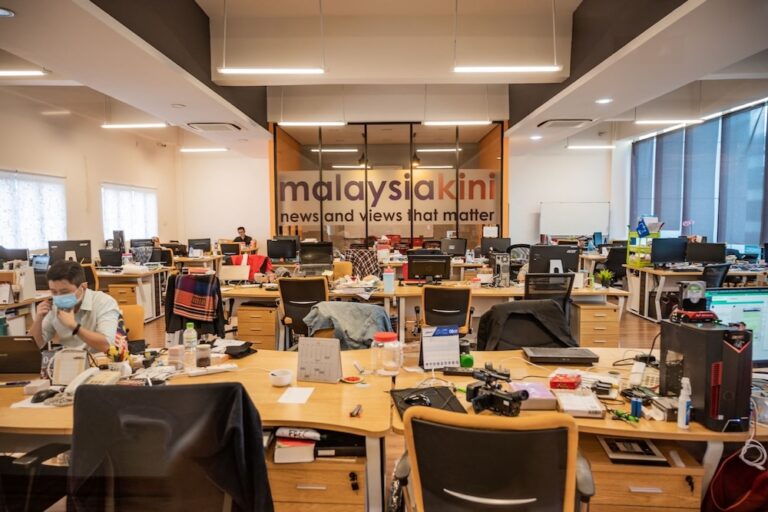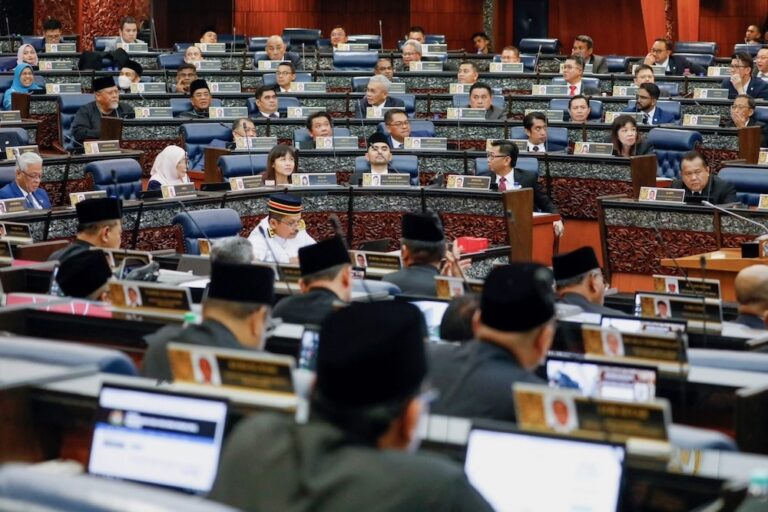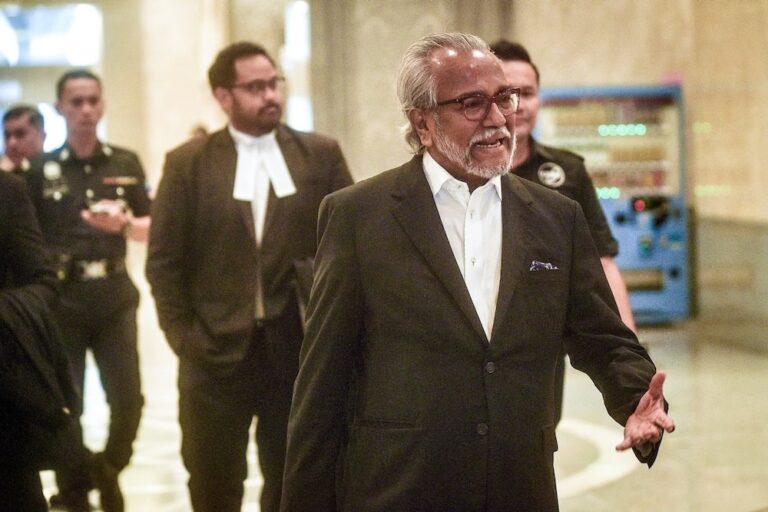Rather than safeguarding the right to assemble, the Peaceful Assembly Act will greatly diminish people's ability to express their political opinions.
(SEAPA/IFEX) – On 29 November 2011, over a thousand lawyers and human rights activists marched through the streets of Malaysia’s capital in an affirmation of their right to assemble. Later that day, and in spite of persistent and vocal criticism of the legislation, the lower house of Parliament voted to approve a bill which will effectively deny the people that right, and which is now known as the Peaceful Assembly Act (PAA). In September of this year, Prime Minister Najib Razak announced a raft of legal reforms, most notably the repeal of the Internal Security Act. The proposed agenda of social and civil adjustments was met with cautious optimism by international observers. Despite that, the Prime Minister’s gesture included only minimal concessions for press freedom, and critics claimed that the absence of proposed amendments to the Penal Code and the Sedition Act meant the government’s so-called ‘reforms’ were insubstantial.
The government’s most recent move, as well as its inability to carry out its promises, clearly demonstrates their lack of commitment to the process of democratisation. With elections expected in 2012, Malaysians, as well as the Southeast Asian community, must seriously consider whether or not the government
intends to enact real change.
Because of tightening restrictions on peaceful assembly, rights groups have accused the government of bulldozing the controversial legislation, which was introduced into Parliament merely a week before the lower house vote. The prime minister’s office stated that the new law – expected to be enacted as early as December – “makes it easier for Malaysians to express their views without putting public order at risk” and represents the latest stage of Najib’s “progressive package of social and political reforms”. In fact, the law threatens freedom of expression by expressly prohibiting statements that “promote feelings of ill will” during assemblies.
Rather than safeguarding the right to assemble, the Peaceful Assembly Act will greatly diminish people’s ability to express their political opinions. Although the government claims that the act brings Malaysia in line with European legislation, opposition leader Anwar Ibrahim described it as ‘more draconian’ than Burma’s
or Zimbabwe’s assembly laws. The law has also come under fire from legal experts who insist that it violates Article 10 of the constitution, which guarantees the right to freedom of assembly.
(…)


